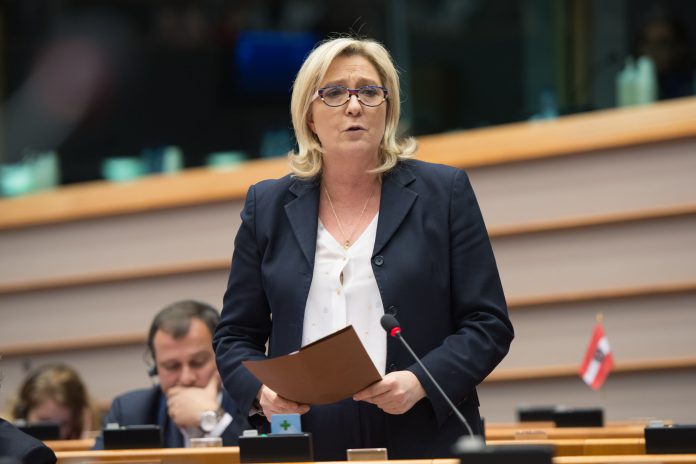European Parliament elections next May could result in a significant rise of eurosceptic parties. A survey by Reuters of national opinion polls suggests that their strength in the polls could expand by over 60%.
The snapshot of polls, conducted by a variety of bodies in the 27 states that will remain members of the European Union after Britain quits next year, is rough and ready. New party alignments in the next EU legislature will depend heavily on horse-trading after next year’s elections. But the data indicate a clear strengthening for movements outside the old mainstream, reports Reuters.
Its analysis, which is based on the existing eight transnational party groupings in the European Parliament, comes as Steve Bannon, an architect of US President Donald Trump’s election win, has launched a project to coordinate and bolster the anti-EU vote across the Union.
Capturing more than 15% of the chamber for parties firmly hostile to the EU looks from the survey evidence to be an uphill struggle for the former White House strategist.
Reuters also notes that the current popularity of the anti-establishment parties in Italy’s new coalition, 5-Star (M5S) and The League, boosts the score of their current blocs in Brussels, though they may not stay at that level after a year in government in Rome. Their ratings, and the rise of Alternative for Germany (AfD), more than offset the loss to the anti-EU camp of the UK Independence Party, whose 19 members will leave when Britain quits the EU in March.
The Europe of Freedom and Direct Democracy (EFDD), a populist Eurosceptic political group in the European Parliament, is dominated today by UKIP and 5-Star, could grow to 59 from 45 seats. The far-right ENF, including Marine Le Pen’s French National Rally and Geert Wilders’ Dutch Freedom Party, could nearly double to 63 seats from 35, thanks in part to the surge in popularity of The League in Italy, reported Reuters.
This, according to the analysis, would raise the two blocs’ combined total to 122 seats from 80 and their share to 17.3% from 10.6% as the total number of seats falls to 705 from 751 with Britain’s withdrawal. Such a combined force could increase their clout in legislative work.
According to Reuters, however, it remains uncertain that these alliances would remain the same next year. Five-Star has already explored the possibility of joining the pro-EU centrists in Brussels. Other parties could shift to more overtly eurosceptic positions.

